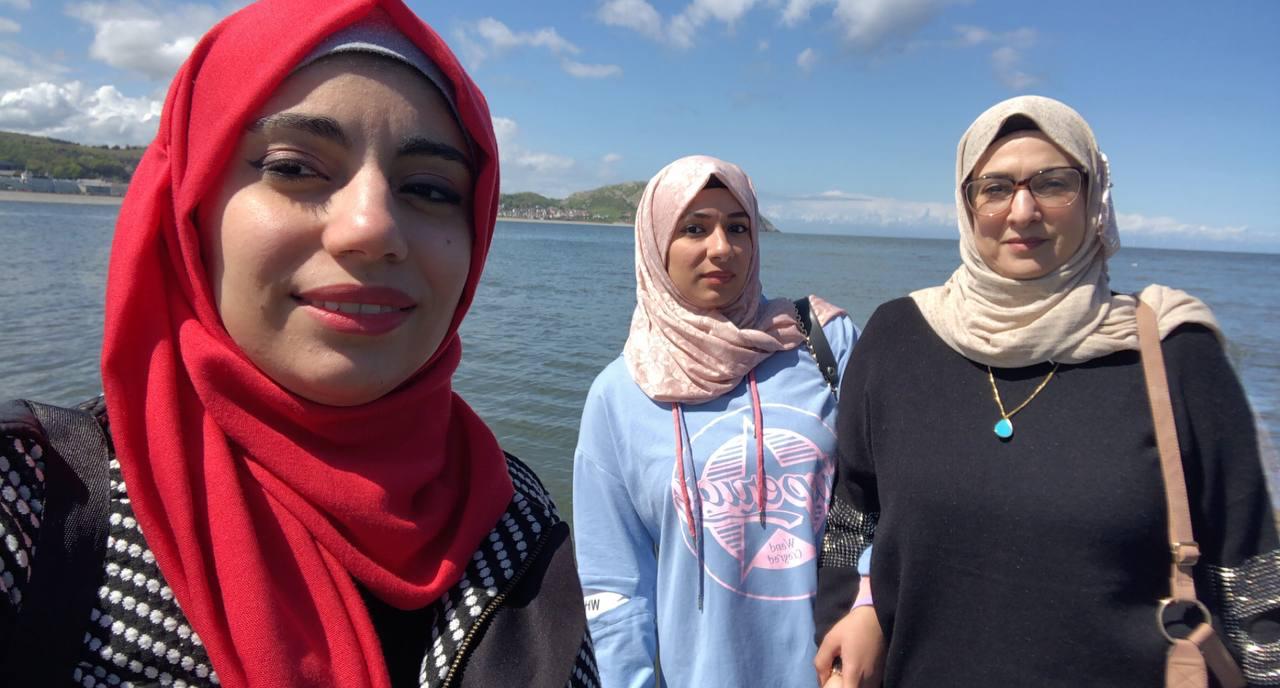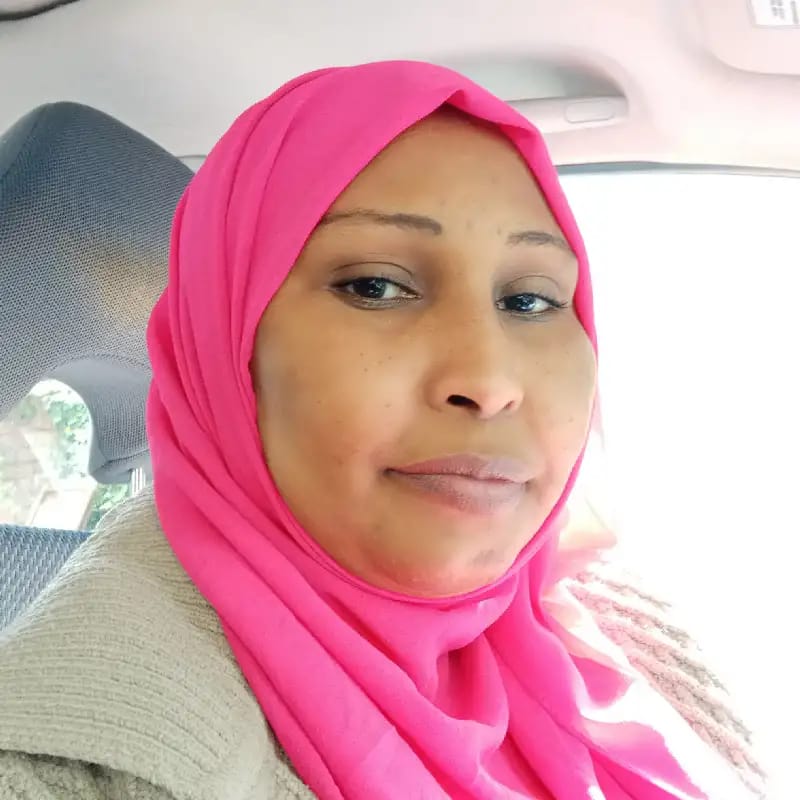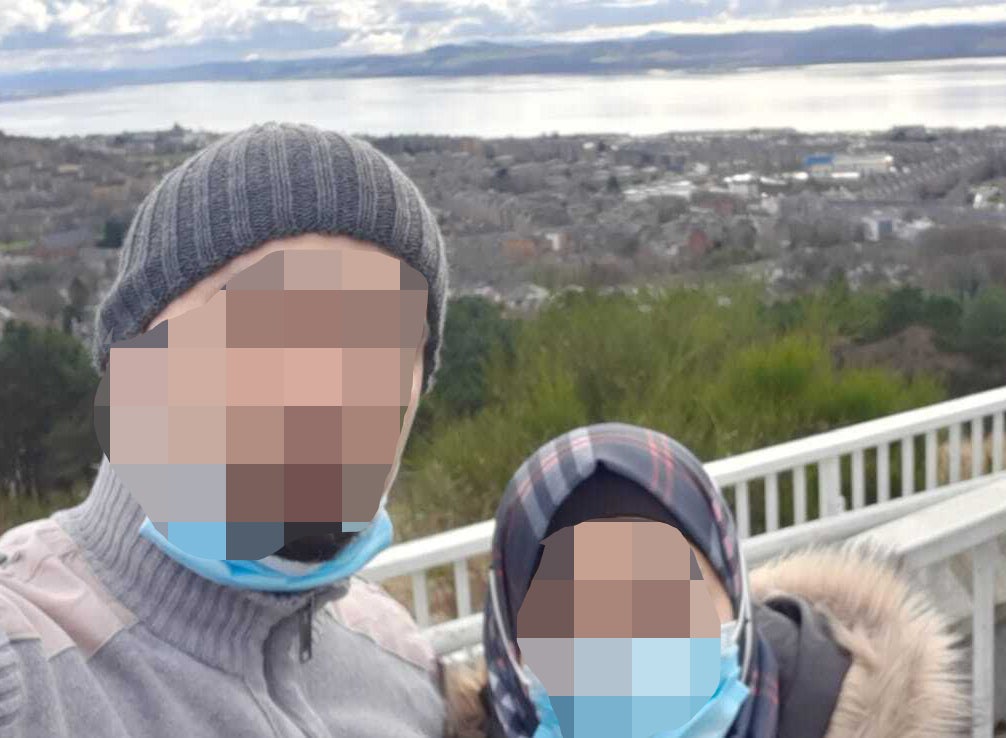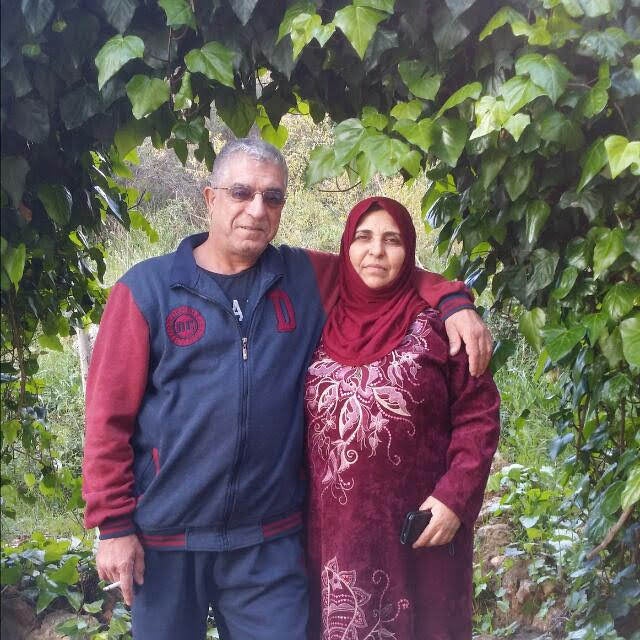‘We are finally safe’: Resettled refugees speak of new life in the UK – and why Britain must do more
Refugee families who have moved to British cities under the UK’s resettlement scheme tell May Bulman how they have been able to rebuild their lives after fleeing war and persecution – and call on ministers to continue this legacy


Your support helps us to tell the story
From reproductive rights to climate change to Big Tech, The Independent is on the ground when the story is developing. Whether it's investigating the financials of Elon Musk's pro-Trump PAC or producing our latest documentary, 'The A Word', which shines a light on the American women fighting for reproductive rights, we know how important it is to parse out the facts from the messaging.
At such a critical moment in US history, we need reporters on the ground. Your donation allows us to keep sending journalists to speak to both sides of the story.
The Independent is trusted by Americans across the entire political spectrum. And unlike many other quality news outlets, we choose not to lock Americans out of our reporting and analysis with paywalls. We believe quality journalism should be available to everyone, paid for by those who can afford it.
Your support makes all the difference.In cities across the UK, thousands of families who have fled war and persecution around the globe now live in comfortable homes, where they are able to lead fulfilling lives and work towards their dreams.
Thanks to Britain’s refugee resettlement programmes, 25,000 men, women and children who were once in great danger have been given a place of safety in the UK over the last five years.
But while the Home Office has said it is committed to building on its proud history of resettling refugees, concern is mounting after ministers scrapped its numerical target on the programme, leaving no guarantee as to how many will be welcomed in future.
The department has said the numbers will instead be kept under review, depending on the capacity of local authorities, central government and community groups – but the UNHCR, UK charities and local councils are concerned that this approach will lead to fewer people being resettled.
During this Refugee Week, some of those who have benefitted from resettlement tell The Independent how the scheme has allowed them to rebuild their lives and become part of British society – and why the Home Office must make a clear commitment to continuing to allow refugees to settle in Britain.
Muhammad Al-Naasan, 37
Muhammad, his wife and their two children, aged six and three, are Syrian refugees who were transferred to Edinburgh in April 2021

Our move to Britain was delayed by over a year because of the pandemic. We were stuck in Lebanon, struggling economically.
It was a really good feeling to finally arrive in the UK. We stayed in a hotel for 10 days and then moved to the accommodation – our house.
It’s been good so far – my daughter is in school where she is learning the alphabet. She loves it. My son will be going in September.
The reason we fled was that we wanted a good education for our children, and most importantly, to find safety – and we’ve found that.
We’ve been shown around, given a free bus pass, and we benefit from English courses. Our neighbourhood is really nice.
In Syria I worked in electricity as an assistant for an engineer. My aim is to learn some English and do something similar in the UK.
We live a nine-minute journey from the centre of Edinburgh – we go to the town centre every other day. I go there to do my Friday prayer, and to do some shopping for halal food.
I’ve never had, in the last 10 years, any place that I would call home. But here I feel like this house is mine.
I would urge the government to do their bit. People in Jordan and Lebanon are in very bad situations; I would prefer to be dead than to return there. Resettlement saves lives.
Hadir, 29
Hadir, a Palestinian refugee who grew up in Iraq, was transferred to Manchester with her mother and sister in 2019

My life was suddenly put at risk when someone started threatening my life for being a Palestinian refugee. My mum and younger sister had to flee quickly. Luckily we were offered resettlement in the UK.
I’d always loved the UK. In Iraq I studied biological sciences and did my masters on bioenergy, so I was learning and studying in English.
I was very nervous on arrival. I thought we might be lost here. But there were people waiting for us and they took us to our house. They helped us all the way.
I didn’t think I would adapt so quickly. I started studying in the UK. I wish I could have started studying here earlier. I’m currently working as a vaccinator with the NHS.
People are so friendly – I have a good relationship with my neighbours, which improved through the pandemic with everybody trying to help each other.
It’s quite hard for me to make friends here at my age though. That can be tough.
I never felt I belonged in Iraq. I never really felt safe or part of the community or country. I still have nightmares about the days there. But I hope to fulfill my dreams of doing a PhD.
Waed Almbasbes, 31
Waed, with her husband and three children, aged nine, seven and three, are Syrian refugees who were transferred to Lewisham in 2019

I will never forget the moment they said we would be resettled. My husband and I were jumping up and down and hugging each other. It was an overwhelming moment.
When the plane landed I cried because I knew I was safe, that I would be safe here. I hugged the Syrian woman next to me, who I didn’t even know.
Lewisham is a great place. There are a lot of Syrian families here too. It is a very diverse community. People here are kind – they support us.
For my kids it was difficult at the start, but now they speak English very well and have made a lot of friends.
We go to parks, we meet friends, we share food. I cook a lot of Syrian food and share it with our neighbours. It was the best way to introduce ourselves. They now send us cards on our religious celebrations and we send them cards for Christmas.
I’m doing an interpreting course and at the same time learning to write English, as well as volunteering as an Arabic interpreter. My dream has always been to be an interpreter.
People in refugee camps are all waiting for this chance. Living here is completely different to there. You feel here like you are a human; there you don’t feel human enough. A lot of people’s lives depend on this resettlement programme.
Saharo, 37
Saharo, a Somali refugee, along with her three children, aged 14, 13 and nine, was transferred to Bolton in 2017

I had problems in my marriage. My husband was involved with people fighting and making bombs near the house. I had to flee with my children to a refugee camp in Kenya. We were there for eight years. It was very difficult.
But then we got this chance, this new life in the UK.
Soon after arriving I got a job in a nursery, and then after five months I started working in a care home. I really enjoy it. I want to help people and give back.
We have a nice community around us. All of my children love school. I have a job, I have my car, I love my neighbours.
I hope that many more people get this opportunity. They need our help. There are so many countries with problems. We need to help the people.
Naseem, 40 and Celina, 37
Husband and wife Naseem and Celina are Syrian refugees who were transferred to Dundee in February 2021

Celina: I can’t describe how we felt to finally leave Lebanon. We were so happy. I was in denial until we were up in the sky. Our travel had been delayed seven times. When we arrived on British land I was crying.
We are finally being treated as humans. Sometimes I have flashbacks to our life before in dreams, but then I realise that is behind us.
Naseem: There are good people around us. We love it here. Coronavirus has made it a bit difficult to make friends, but we have had excellent support, even if it is often just from afar.
We are doing English classes and we watch English videos on YouTube. I would like to work as a carpenter, which is my field.
We go for walks to discover the area – there are excellent places to walk around. Our house is right next to a park .
We eat mainly Arab food – but we do have a toastie maker. I have discovered cheese toasties!
I hope and pray that the government do bring more people here. We will never forget the hard time we had in Lebanon and Syria.
Ahmed Haj Ali, 56
Ahmed, with his wife and two sons, aged 17 and 18, are Syrian refugees who were transferred to Sheffield in March 2021

Our journey to safety took about four years: three years waiting for the resettlement applications, and a year and a few months waiting because of the pandemic.
We were so happy when we arrived here. I can’t describe the feeling. I came with my wife and two teenage sons.
Sheffield is a great city. It’s big. Life is getting back to normal and there are more things to do and see. Our sons are in college and so am I. I enjoy studying English.
We have made some friends in the neighbourhood. We want to quickly learn English to be able to communicate better with British people.
We have a big garden. I love gardening: tomatoes, coriander and garlic. You’ll find me outside for hours every day. In Syria I used to hire land and grow wheat and other things to sell, but now I’m doing it as a hobby.
The kids each have their own bedroom. They have joined the gym and enjoy swimming.
It is very different weather here – in Syria we have four seasons in a year, but here you have four seasons a day!
We are so happy to be at peace. More people should be able to come. Other people are in really bad situations and need help like us.
Join our commenting forum
Join thought-provoking conversations, follow other Independent readers and see their replies
Comments